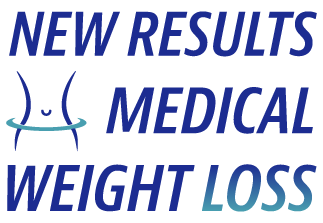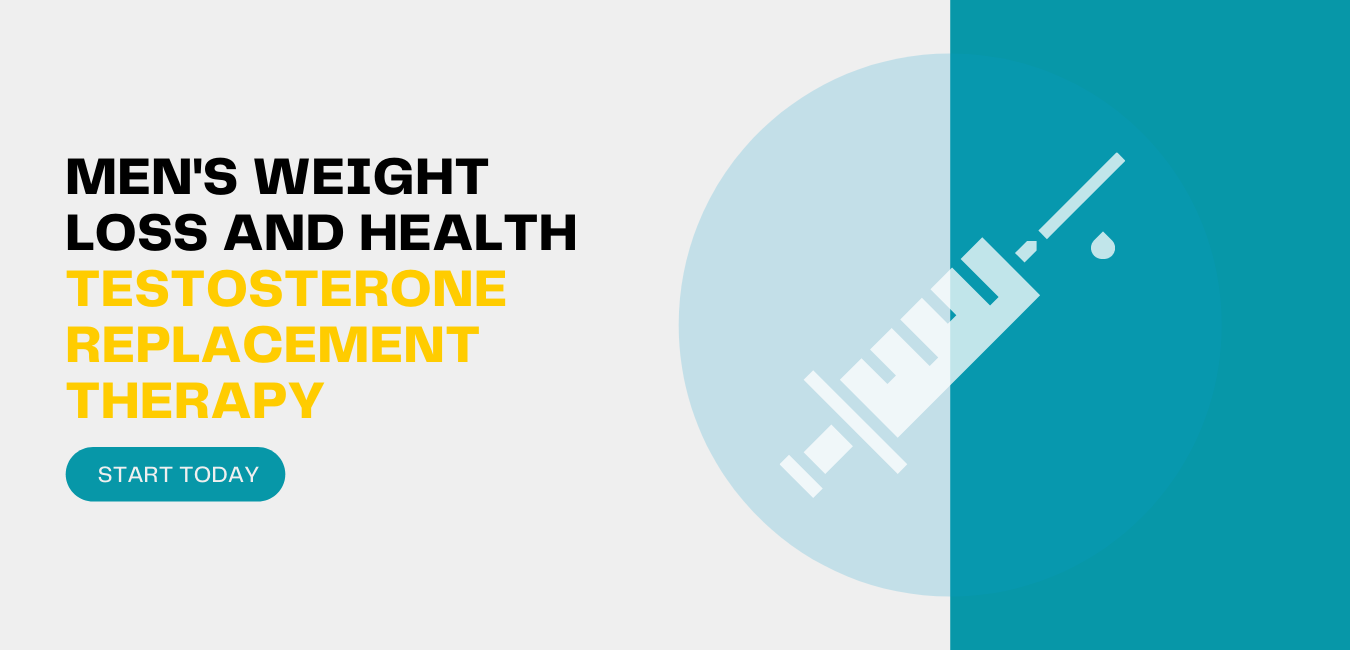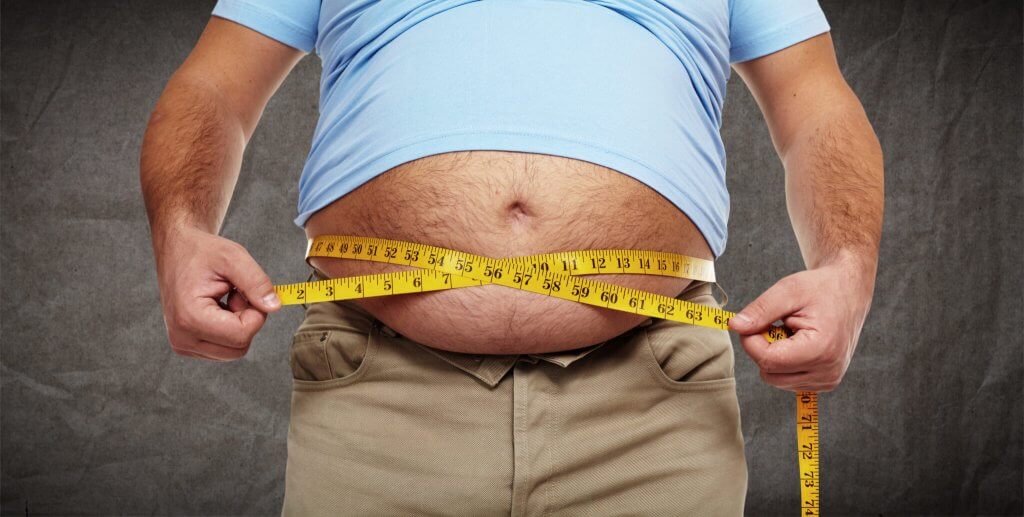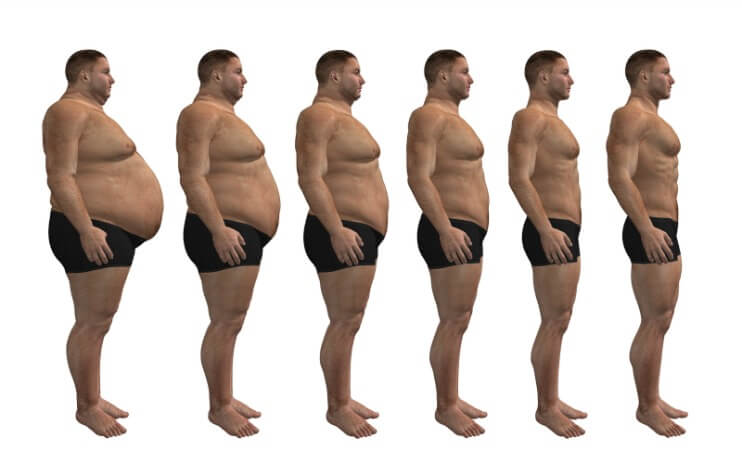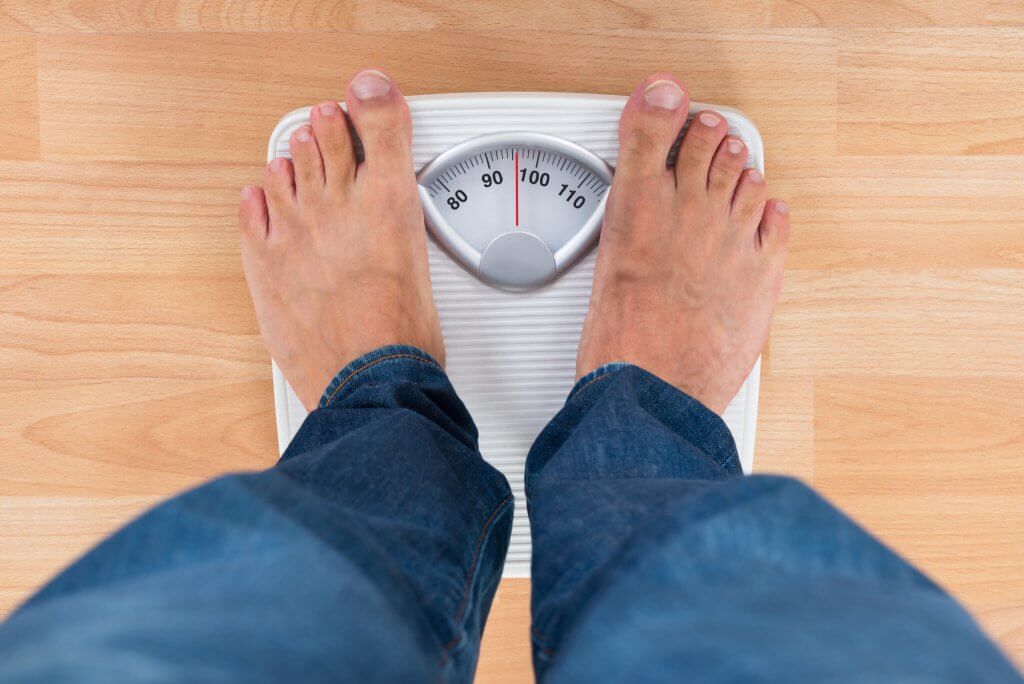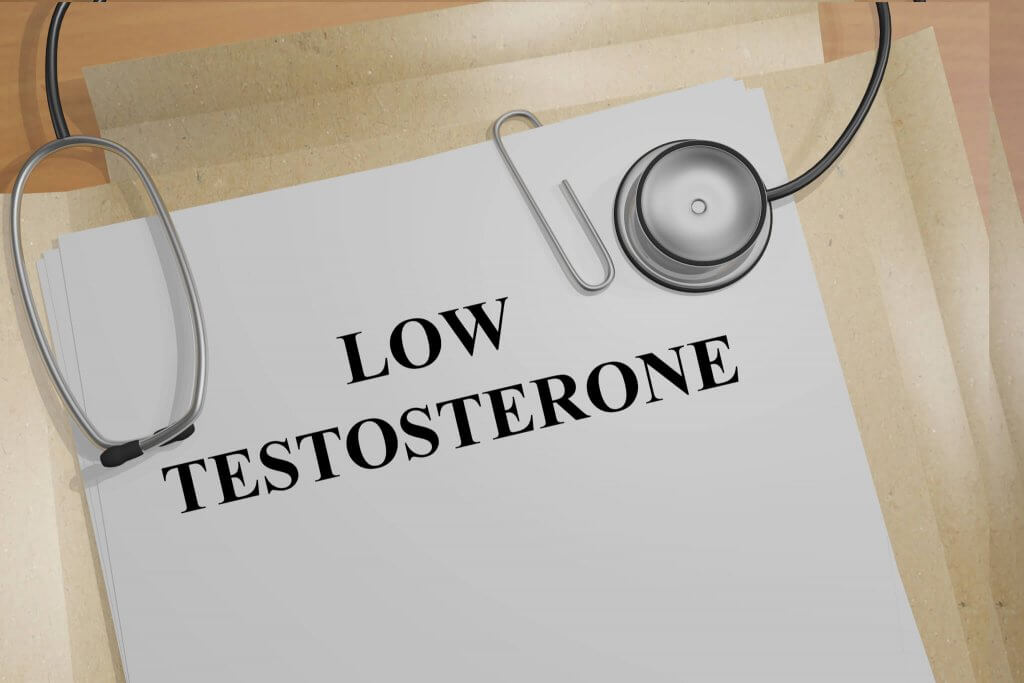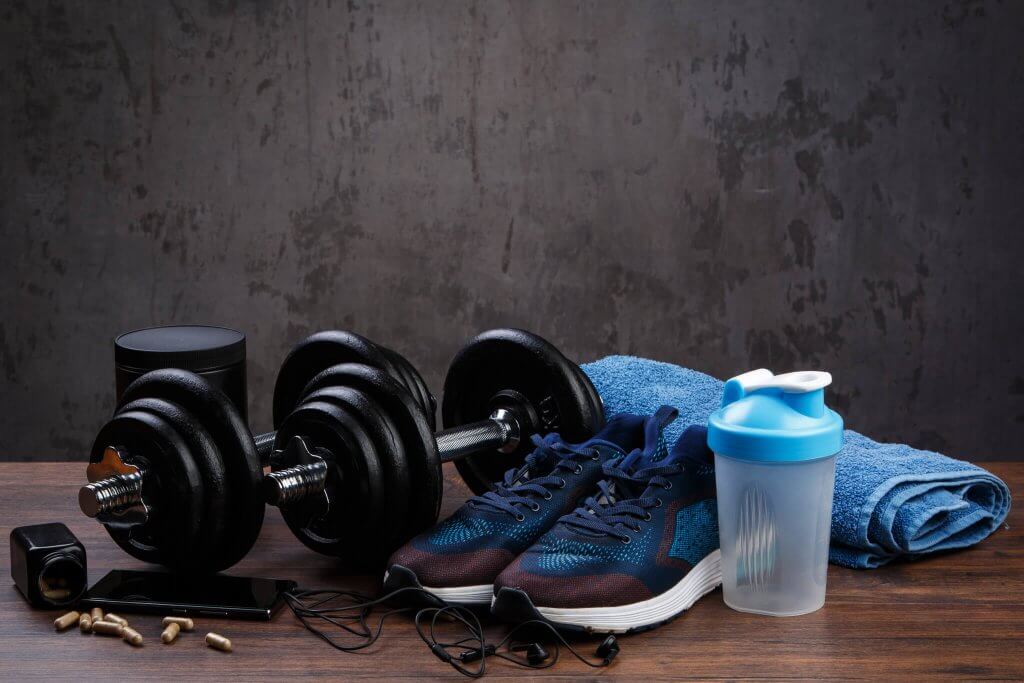Testosterone Replacement Therapy (TRT)
Basic information, thoughts, trends, and considerations.
In some ways, testosterone is what makes men, men. It gives them their deeper voices, large muscles, and facial and body hair. It stimulates the growth of the genitals at puberty, plays a role in sperm production, fuels libido, and contributes to normal erections. It also aids in the production of red blood cells, boosts mood, and aids in cognition.
Over time, the testicular “machinery” that produces testosterone gradually becomes less effective, and testosterone levels start to fall – about 1% per year, beginning in the 40s (sometimes much earlier). As men get into their 50s, 60s, and older, they may start to have signs and symptoms of low testosterone (“Low T”); such as lower sex drive and vitality, dysfunction, decreased energy, reduced muscle mass and bone density, and anemia. Researchers estimate that the condition affects anywhere from two to six million men in the United States. Yet, it is an underdiagnosed problem, with only about 5% of those affected receiving treatment.
What is HCG?
HCG stands for Human Chorionic Gonadotropin. It is used medically to induce ovulation in females and to stimulate testosterone production in males. HCG requires a prescription and is injected into the subcutaneous fat or in the muscle tissue.
How does HCG work?
For this discussion, we will be focusing on the action in males. HCG mimics luteinizing hormone (LH). LH stimulates the Leydig cells in the testicles to produce testosterone. This action also causes the testes to return to normal size and function if they were suppressed due to exogenous (from the outside) testosterone.
How to take HCG
The dose and frequency vary by individual. Many patients will take an HCG injection once or twice per week (between 500 IU and 1000 IU). It is injected using a very small insulin syringe (with a tiny needle) in the subcutaneous tissue of the lower abdomen. Some studies and some doctors recommend 500IU three times a week, one week on, three weeks off. Usually, these patients inject the HCG during the first week of each month. It is injected just like a diabetic would inject insulin. The level peaks in about 6 hours and remains at this level for 36 hours. After about 72 hours, the level is back to baseline.
Using HCG while taking testosterone is important to maintain testicular size and function, help balance the other hormones needed in the body and increases a man’s sense of well-being and libido. As time goes on and research continues, we are learning more and more about how to properly use this wonderful hormone.
Will HCG stimulate my own testosterone production?
Yes, but by how much varies in studies, and there may be other potential disadvantages as well. Using HCG regularly over time will desensitize the Leydig cells so when you stop the HCG, your testicles will not recognize the LH signal from your brain…not good. HCG will increase your own testosterone for about five days after you inject it.
Will HCG stimulate estrogen production?
Yes. When testosterone rises sharply, your body will aromatize some of the testosterone into estrogen. Exogenous testosterone (TRT) can and does this as well. This can be prevented with drugs that are “estrogen blockers” (Anastrozole). Many of our patients take Anastrozole anyway while on testosterone therapy to “counter-act” this process, and to keep your Testosterone and Estrogen levels where they should be.
